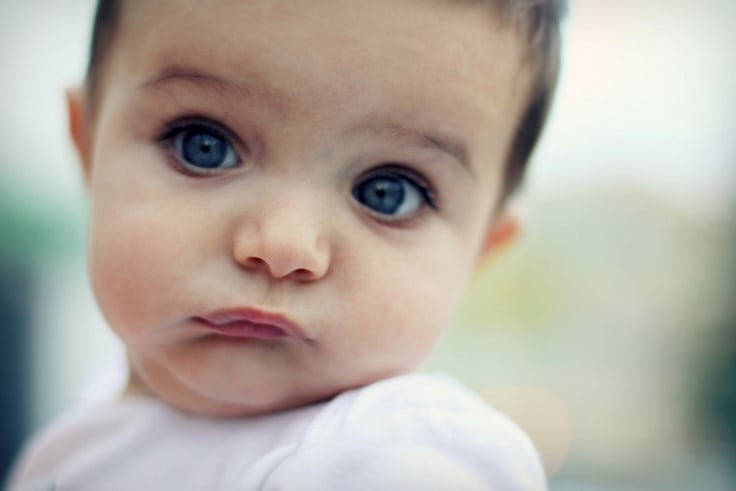
The researchers conducted two studies to determine how babies responded to an angry adult. In both studies, an “Experimenter” demonstrated the use of a toy and an “Emoter” responded neutrally or angrily to the Experimenter.
In the first study, the Emoter made a neutral statement (“That’s entertaining.”) or an angry statement (“That’s aggravating!”) in response to the Experimenter demonstrating how to play with toys. After the demonstration, the babies were given the chance to play with the same toys. The babies were less likely to play with the toys over which the Emoter had made an angry outburst.
Afterwards, the Experimenter demonstrated a new toy. During this demonstration, the Emoter remained neutral. The researchers wanted to know if the babies would generalize the Emoter’s behavior as a part of her personality. In fact, the babies were able to make the connection. Babies who had previously witnessed the Emoter’s angry reactions were less likely to play with the new toy than babies who had only witnessed the Emoter being neutral.
“It’s as if the baby doesn’t trust that the Emoter is now calm. Once babies have detected that someone’s prone to anger, it’s hard to dismiss. They’re taking a better-safe-than-sorry approach, where they’re not going to take a risk even though the situation has apparently changed,” stated lead author Betty Repacholi, I-LABS faculty scientist
In the second study, babies observed an “angry” or “neutral” Emoter’s reactions to the toys used by the Experimenter. Next, the Experimenter produced toys that would be appealing to the babies and gave the babies a turn to play. After a brief opportunity to play, the Emoter asked for a turn. Among babies who had seen the Emoter’s anger, 69 percent relinquished the toy. Only 49 percent of babies who witnessed the neutral Emoter gave up their toy. As Repacholi explains, “It’s like they were appeasing or compromising with the adult.”
These studies demonstrate that babies are highly tuned in to anger and are able to rapidly decide whether adults are quick to anger. The results indicate that adults should be careful to mind their temper around young children.
This research is published in the journal Developmental Psychology.



 © 2025 Unyte Health US Inc.
© 2025 Unyte Health US Inc.